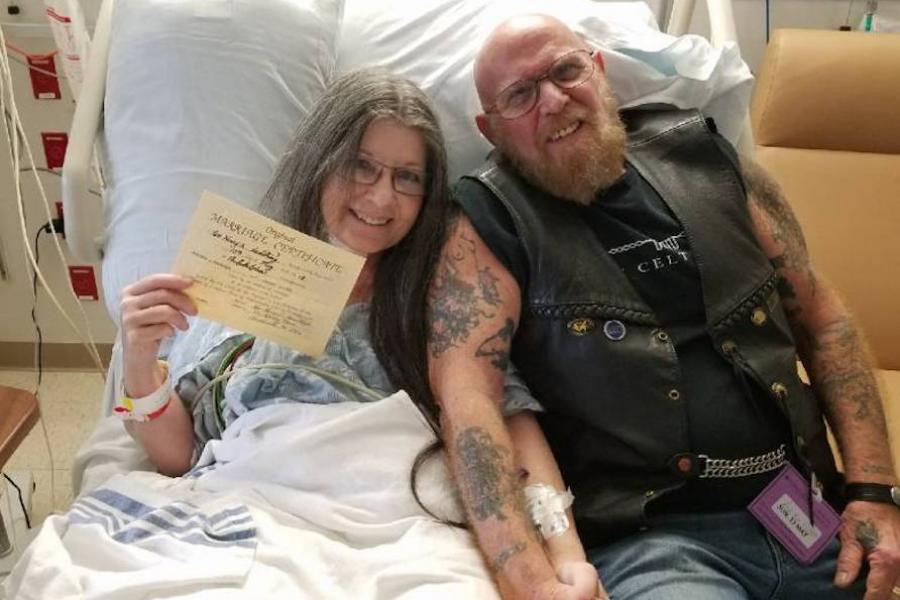What Is Scleroderma?
Scleroderma is an autoimmune disease in which cells produce too much collagen, causing thick or rigid skin. It can affect any body part and prevent the body’s organs from functioning normally. Mostly women between ages 30 and 50 develop the disease, but men and children can develop it, too.
Experts do not know what causes scleroderma but believe family history and the environment play a role.
Symptoms
Symptoms vary from person to person and depend on the type of scleroderma and the parts of the body affected. Localized scleroderma (morphea) rarely spreads beyond the few places it is found on the skin or muscles. It may appear as firm patches on the skin in varying shapes and colors.
Systemic scleroderma may appear in many places, including on the skin, in the gastrointestinal tract and in internal organs. There are two types:
Limited Scleroderma Symptoms
Limited scleroderma is characterized by:
- Thick, rigid or hardened skin
- Severe heartburn or indigestion
- Raynaud’s phenomenon when smaller arteries narrow, limiting blood circulation to the fingers and toes
- Red spots caused by enlarged blood vessels
Diffuse Scleroderma Symptoms
Diffuse scleroderma develops more quickly and is characterized by:
- Thick skin on the arms, legs and trunk
- Limited mobility in the fingers, hands and other joints
- Facial tightness
- Changes to the heart, lung, kidneys and gastrointestinal tract
Treatment Options
Treatment depends on a patient’s symptoms and may include:
- Vasodilators — Drugs that open blood vessels to decrease the frequency of Raynaud’s flare ups and to help prevent lung and kidney problems
- Immunosuppressive drugs — Medications that block immune system activity to reduce inflammation and tissue damage
- Nonsteroidal anti-inflammatory drugs (NSAIDS) — Drugs such as ibuprofen that help reduce the joint or muscle inflammation associated with scleroderma
- Acid reducers — Medications that curtail indigestion caused by scleroderma
- Lung transplant — An option for certain patients with scleroderma
Ready for an Appointment?
If you're experiencing signs or symptoms of scleroderma, schedule an appointment or call 800-TEMPLE-MED (800-836-7536) today.
Learn more about our doctors and care team who diagnose and treat scleroderma.
